Knec Issues Strict Mid-Year KCSE Exam Guidelines for July 2025
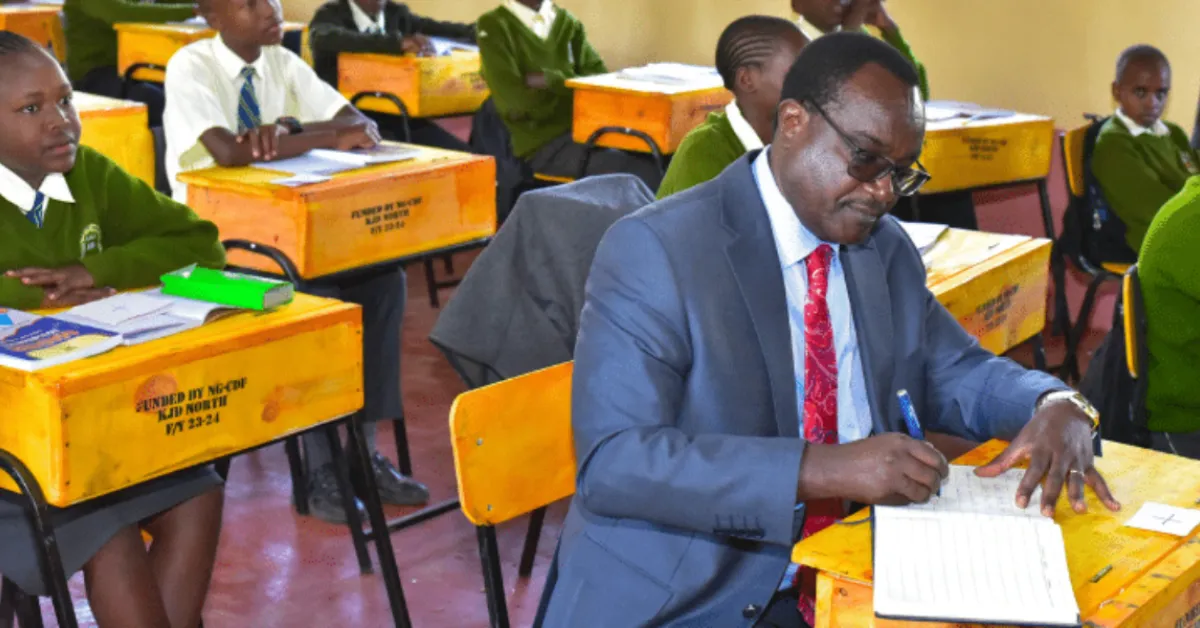
The Kenya National Examinations Council (Knec) has announced new guidelines for the inaugural mid-year Kenya Certificate of Secondary Education (KCSE) examination, set to take place in July.
This exam introduces strict eligibility criteria that notably exclude three categories of candidates: regular school students, first-time KCSE candidates, and those who do not meet the necessary qualifications according to Knec's registration protocols. Knec's Chief Executive Officer Dr. David Njengere clarifies that the July examination series is designed specifically for repeaters—candidates aiming to improve their grades—and adult learners not currently enrolled in regular school programs.
He emphasizes the rationale behind these restrictions, stating, “We cannot allow students who have not completed the four-year curriculum to sit for this exam.” The July series is particularly intended for those unable to participate in previous examinations due to unforeseen circumstances, such as illness. Candidates eligible for registration include full repeaters, who will re-register for seven or more subjects, and partial repeaters, who will register for fewer than seven subjects.
The registration period is scheduled from January 27 to February 21, 2025, to be conducted at County headquarters, with a registration fee set at Sh7,200. The introduction of this mid-year KCSE series has raised concerns among various education stakeholders, including teachers’ unions, parents, and students. Many express unease over the delayed issuance of guidelines, which has created uncertainty regarding preparation strategies for those who have re-enrolled in schools and paid associated fees.
Charles Ng’eno, the executive secretary of the Kenya Union of Post-Primary Education Teachers (Kuppet) for Narok branch, raises a critical question: “How will these students prepare for the exams without attending regular classes?”
Criticism has also emerged regarding the perceived discriminatory nature of the exclusion of these students, with calls for a review of the guidelines. Paul Kimetto, the secretary of the Bomet Kuppet branch, suggests establishing a parallel system for repeaters during the November exams to allow sufficient preparation time. Further concerns centre around the lack of public engagement in the development of these guidelines.
Stephen Koskei from the Bomet County Education Board has highlighted the need for comprehensive public participation in such decisions.
Despite the pushback, Knec has maintained its firm stance on the established regulations. Candidates seeking to register must provide original documents as well as copies, including their KCPE examination certificate and KCSE result slip. Dr. Njengere stresses the importance of accurate registration data and compliance with subject entry requirements for grading purposes.


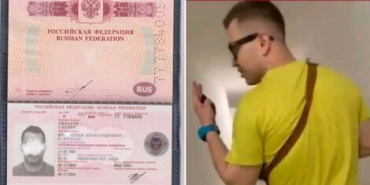
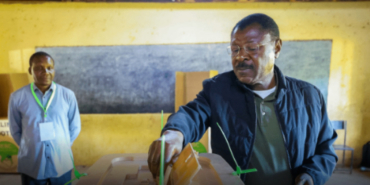
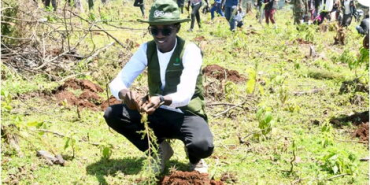



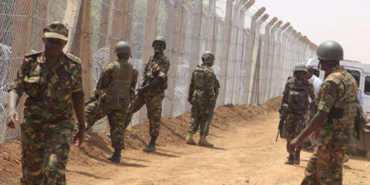


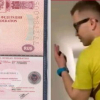


Add new comment